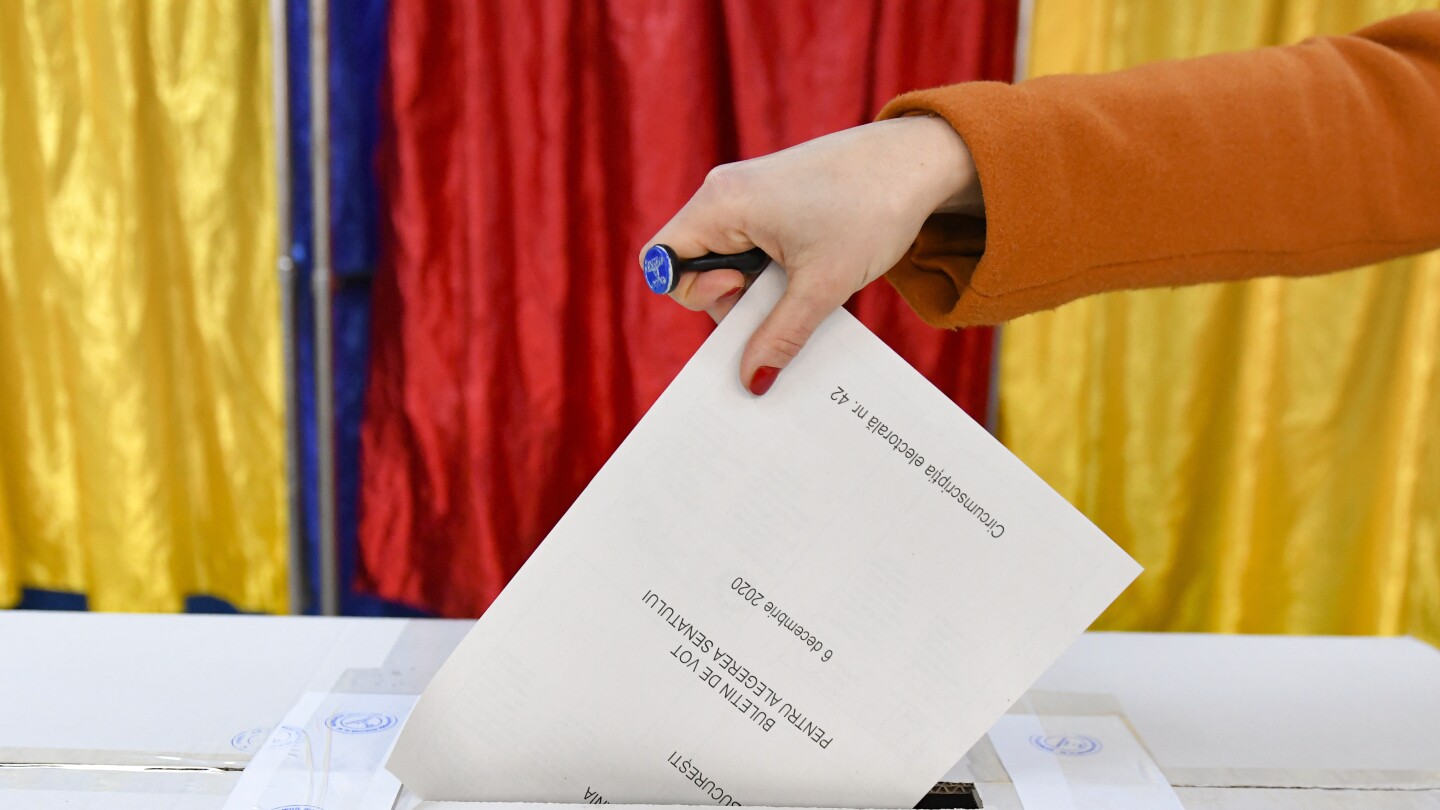Voters in 19 countries, including in three of the world’s largest democracies, are widely skeptical about whether their political elections are free and fair, and many favor a strong, undemocratic leader, according to a study released Thursday.
The report by the International Institute for Democracy and Electoral Assistance, or International IDEA, concluded that “democratic institutions are falling short of people’s expectations.” The 35-member organization promotes democracy worldwide.
”It is past time that people’s perceptions are centered in conversations about the future of democracy; this analysis is a small but important first step towards that effort,” the Stockholm-based organization wrote.
The surveys had a margin of error hovering around 2-4% and the number of respondents in each country was around 1,500. The sole exception was the Solomon Islands, where the small population meant they had a representative sample of 526 people, IDEA said.



They quite literally tried to reorder the states in the current primary even though there wasn’t a competition. They told the (Republican controlled) state of New Hampshire to change their primary date, and when they refused, the party punished the democratic voters by reducing their number of delegates. But that’s somewhat irrelevant though, a fair election wouldn’t have state orders which increase the power of earlier states, they would simply have all of the states vote at once and tally the results. Without a fair election, saying Clinton won by 12 points is accurate just like how Putin won with 88% of the popular vote in Russia this year. That is to say, completely useless because it didn’t come out of a free and fair election.
Which kind of undercuts your claim that it’s done to tip the scales.
lol The Putin number is either outright fudged, or due to repression of actual votes. The fact that they did not all vote at the same time is not even remotely equivalent to this. I’m honestly shocked that you would even make this argument.
It is observable and well known that opinion polls in later voting states shift in line with results in earlier states. Basically, people don’t want to vote for a candidate they believe has already lost, and so there is a snowball effect where a candidate having a small lead in the first few states ends up having an increasingly large lead in later states, even if opinion polls from before the primary election began predicted other results. The US parties exploit this by ensuring states that favor their preferred candidates go first. If you don’t believe this, well there’s nothing else I can offer you and I hope you are content in your rosy world view.
I would be curious to see your evidence that this happens, not that I would be surprised. But how much does this account for? Remember, she crushed him. Right from the start. We aren’t talking about some narrow victory. And they were both in the same system, so he could have gotten a head start and she fallen off.
Unless you have some quantifiable evidence that would overcome such a large deficit, then it’s really just believing what you want rather than what the evidence suggests. In other words, it’s not my world view being tainted by glasses.